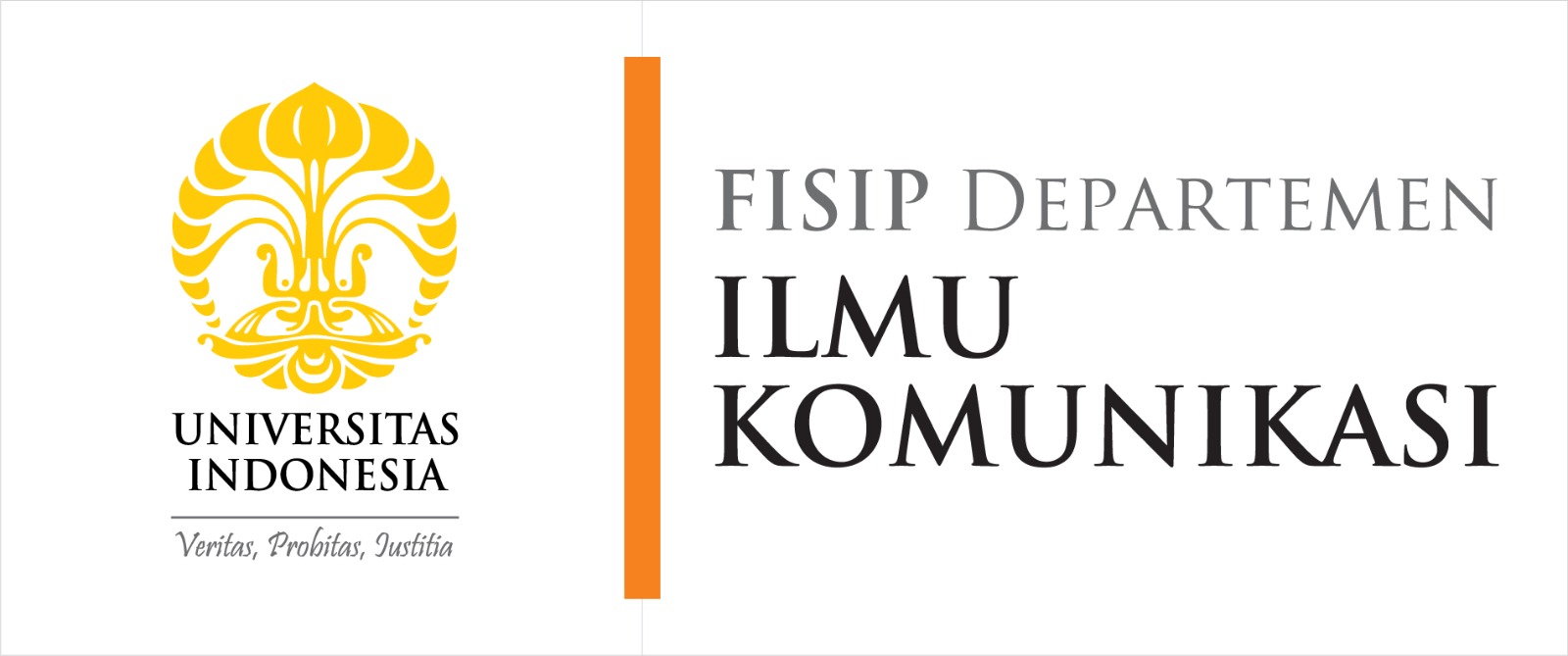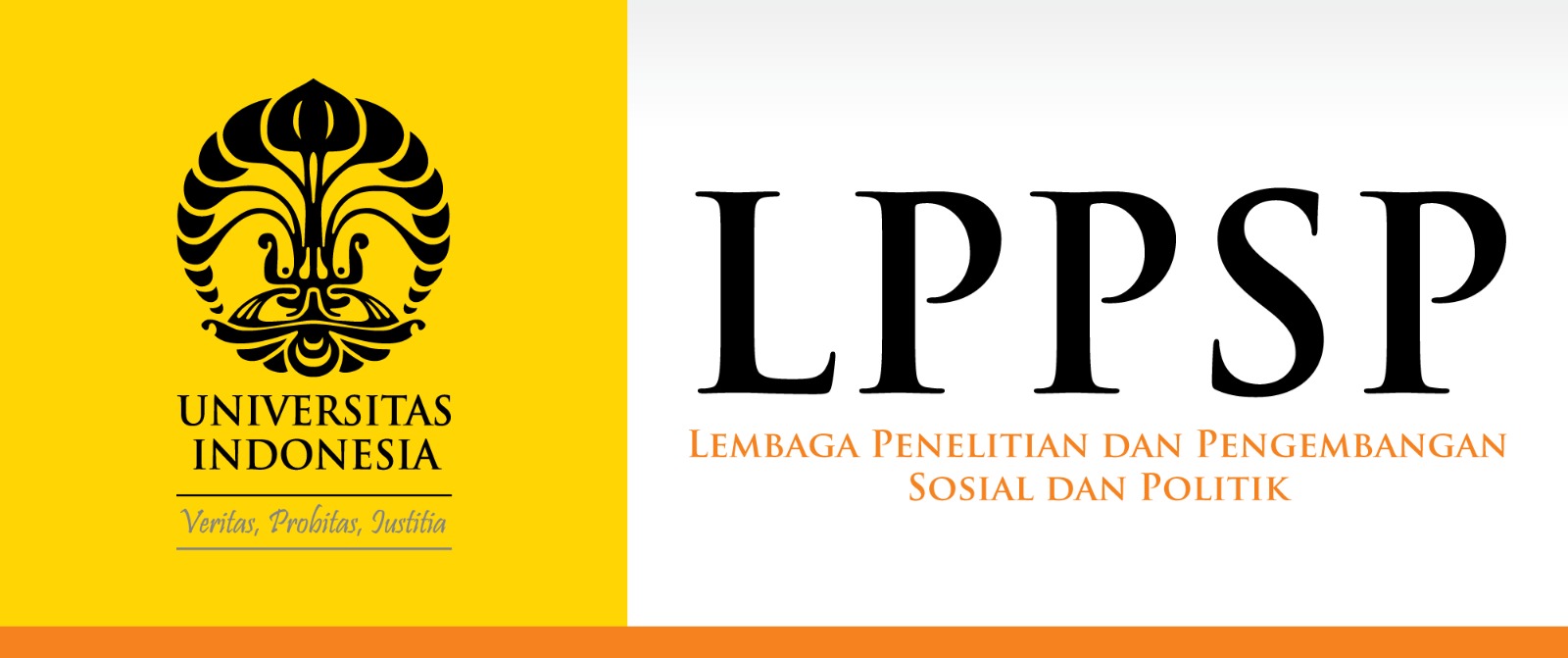JURNAL KOMUNIKASI INDONESIA
Abstract
Strategi pendekatan rasa takut banyak diterapkan untuk kampanye kesehatan, kecelakaan, atau bidang lain yang menampilkan ancaman fisik dan terbukti efektif dalam mempengaruhi penerima pesan. Oleh sebab itu, pendekatan ini juga dimungkinkan untuk dapat digunakan dalam kebijakan publik. Penelitian ini dilakukan untuk menguji pengaruh penerimaan pesan efikasi terhadap motivasi proteksi dalam pesan program Amnesti Pajak. Hubungan kausal tersebut dianalisis menggunakan model Extension of Extended Parallel Process Model melalui uji analysis of variances. Extension of Extended Parallel Process Model sendiri merupakan model baru yang masih jarang dikaji yang dikembangkan oleh So (2013). Penelitian ini menggunakan metode eksperimen. Hasil penelitian ini menunjukkan terdapat perbedaan antara penerimaan pesan efikasi kuat dan lemah. Efikasi yang kuat memiliki pengaruh terhadap motivasi proteksi. Hal ini disebabkan karena pesan efikasi merupakan solusi atas rasa takut yang muncul akibat penerima pesan diterpa pesan ancaman. Hasil temuan penelitian ini sejalan dengan konsep Extension of Extended Parallel Process Model, dimana pesan efikasi mempengaruhi penerima pesan untuk memberikan reaksi berupa motivasi proteksi.
The strategy of frightening has been widely applied in health campaigns, accident prevention, or other areas that display physical threats and has proven to be effective in influencing recipients of the message. Therefore, this approach is also possible to exercise in public policy. The study is conducted to examine the impact of the acceptance of efficacy messages on the protection motivation in the message of the Amnesty Tax program. The causal relationship is analyzed using the Extension of Extended Parallel Process Model through testing analysis of variances. Extension of Extended Parallel Process Model itself is a new one and is still rarely studied since its development by So (2013). This research uses experimental method. The results of this study indicate a difference between the acceptance of strong and weak efficacy messages. Strong efficacy has an influence on the motivation of protection. This is because the message of efficacy is the solution to the fear that arises after one receives a threatening message. The findings of this study are in line with the concept of Extension of Extended Parallel Process Model, where the message of efficacy influences the message recipient to react in the form of protection motivation
Recommended Citation
Aditia, Nico
(2017)
"Pesan Efikasi dengan Pendekatan Ancaman dalam Komunikasi Kebijakan Publik: Studi Eksperimen Pengaruh Penerimaan Pesan Efikasi terhadap Motivasi Proteksi dalam Kebijakan Perpajakan,"
JURNAL KOMUNIKASI INDONESIA: Vol. 6:
No.
2, Article 6.
DOI: 10.7454/jki.v6i2.8718
Available at:
https://scholarhub.ui.ac.id/jkmi/vol6/iss2/6
Included in
Gender, Race, Sexuality, and Ethnicity in Communication Commons, International and Intercultural Communication Commons, Social Influence and Political Communication Commons




